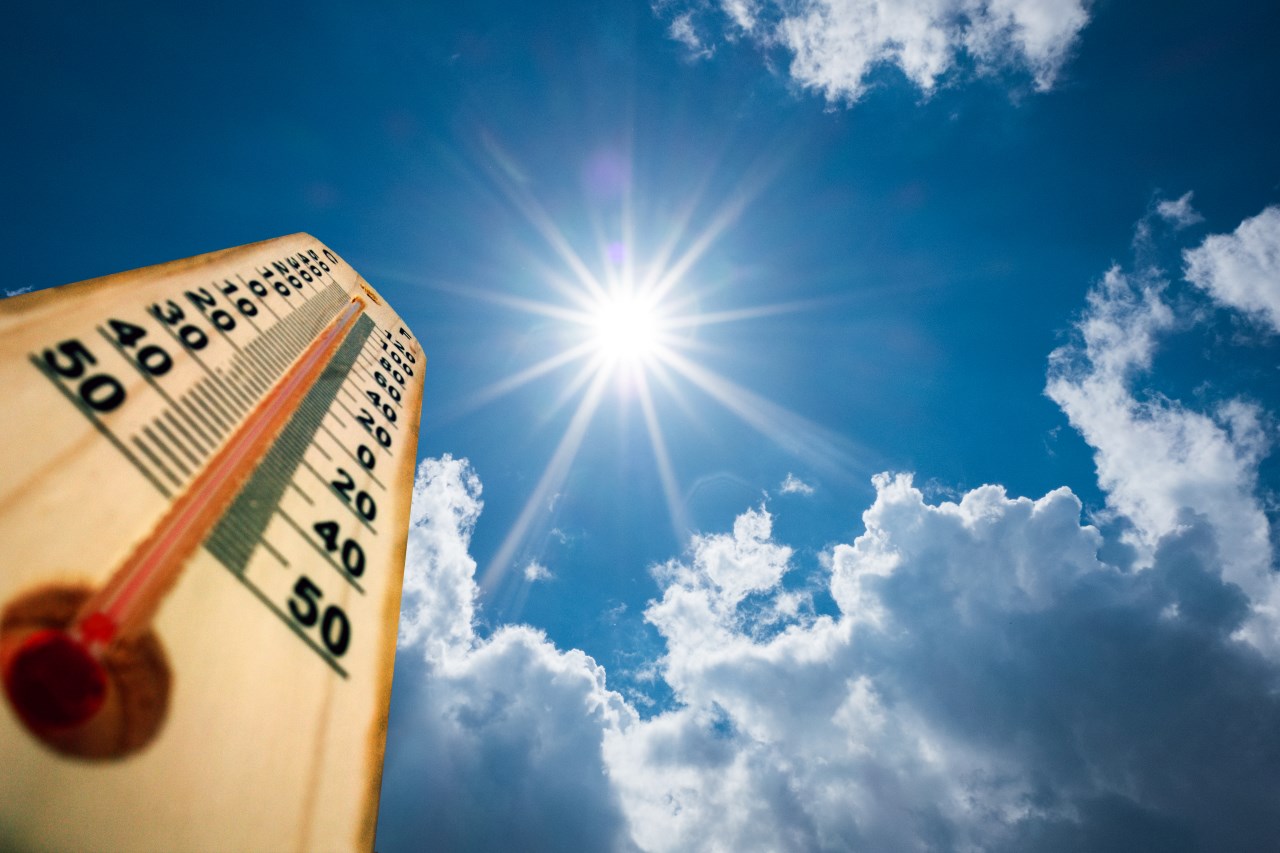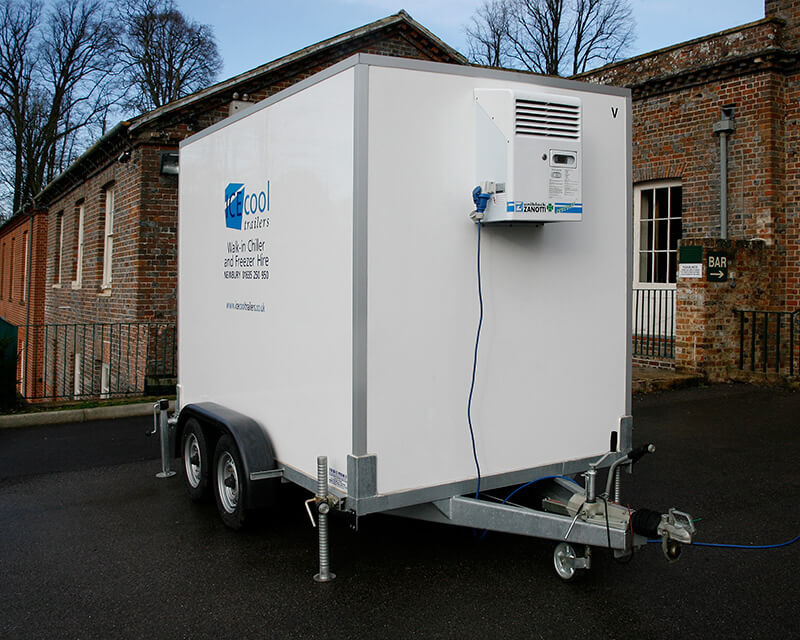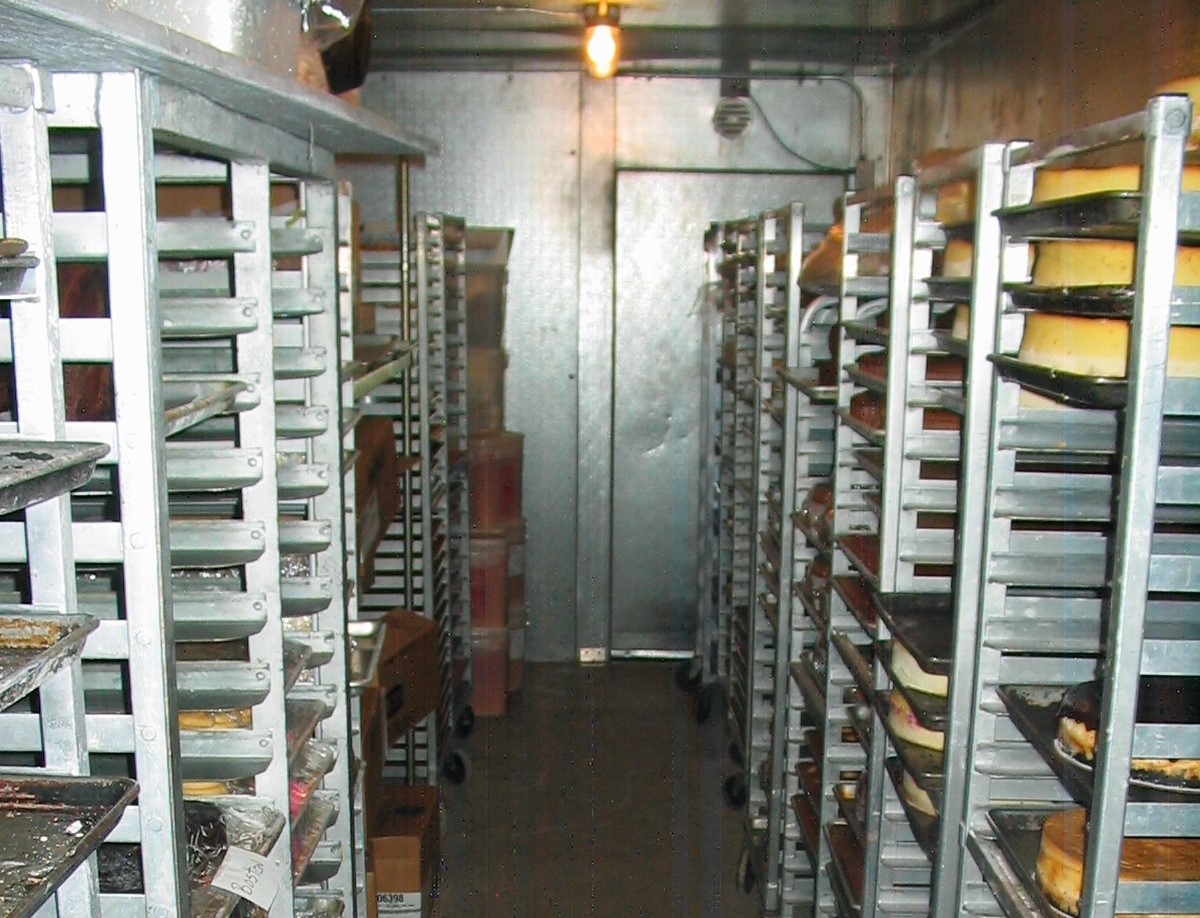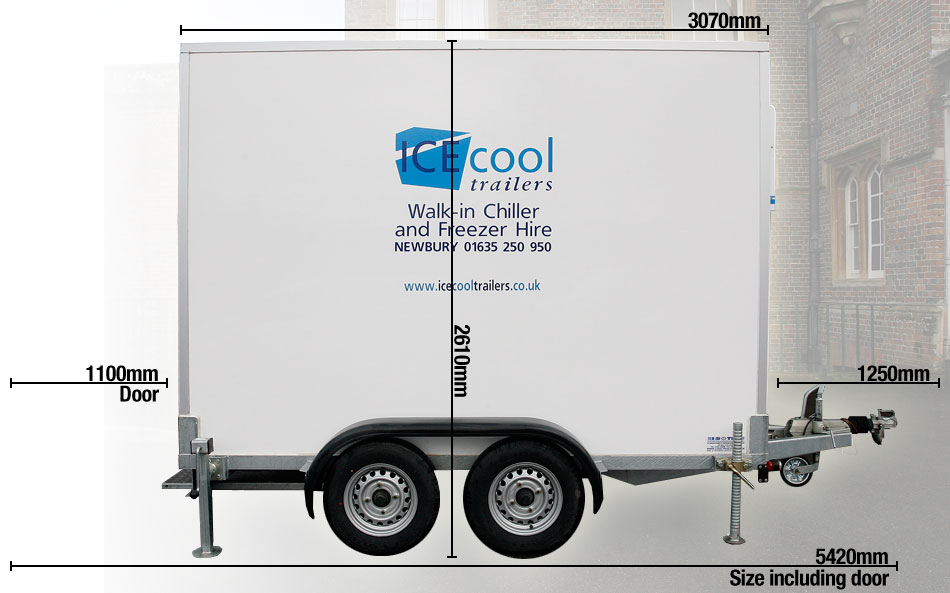Protect Your Walk-In Freezer & Chiller During Heat Waves

As the planet grapples with increasing temperatures, heat waves have become a frequent challenge, especially for businesses relying on cold storage solutions like walk-in freezers and chillers. Maintaining the efficiency of these units during such extreme weather conditions is not only essential for ensuring food safety but also for prolonging the life of your equipment - so what are some best practices to keep in mind? Here’s a comprehensive guide on safeguarding your cooling systems during the increasingly hot summer months in the UK.
Understanding the Impact of Heat Waves
Effects of High Temperatures on Refrigeration Systems
Refrigeration systems, including walk-in freezers and chillers, are designed to operate within specific ambient temperature ranges, and excessive outside heat can overwork these systems, making them less efficient and more prone to breakdowns. The compressor, responsible for circulating refrigerant, can overheat if the external temperatures exceed the unit's design specifications, leading to costly repairs or even total system failure.
Risks to Food Safety and Quality
The primary role of any freezer or chiller is to keep perishable goods at safe temperatures, thwarting the growth of harmful bacteria. During a heat wave, the strain on cooling systems can lead to fluctuations in internal temperatures. Even minor deviations can compromise food safety, resulting in spoilage and waste, not to mention the potential health risks to consumers.
Potential Damage to Equipment Components
Heat waves can be particularly harsh on the physical components of refrigeration units. High ambient temperatures and humidity can accelerate wear and tear on seals and gaskets, cause condensate evaporators to overfill and overflow, and can degrade insulation materials. These damages not only increase energy consumption but also decrease the overall efficacy and lifespan of your equipment.
Maintenance Tips for Walk-In Freezers and Chillers
So, if you’re planning to hire a walk-in freezer in the UK, here are some tips to keep things running smoothly:
Regular Inspection and Cleaning
One of the simplest yet most effective ways to ensure your freezer and chiller are prepared for a heat wave is by conducting regular inspections and keeping them clean. Dust and debris can insulate components and restrict airflow, exacerbating heat issues. Ensure that condenser and evaporator coils are clean and that air can freely flow around the cooling unit.
Monitoring Temperature and Humidity Levels
Keep a close eye on the internal temperatures and humidity levels within your units. Installing additional thermometers and humidity sensors can provide a more accurate reading and help detect any early signs of failure that might be precipitated by external heat.
Checking Seals and Insulation
Effective seals and insulation help maintain cold temperatures while reducing the workload on your refrigeration system. Check door seals for any cracks or gaps, and replace worn-out seals immediately, and consider adding strip curtains or air curtains to maintain internal temperatures every time the door opens.
Calibrating Thermostats and Controls
Accurate thermostats and controls are vital for maintaining desired temperatures without overloading the system. It’s advisable to calibrate these components before the onset of summer to ensure they are functioning correctly.
Operational Strategies for Walk-In Freezers and Chillers During Heat Waves

Adjusting Temperature Settings
In anticipation of a heat wave, adjust the temperature settings of your units slightly lower than usual. This preemptive measure can help mitigate the impact of increased ambient temperatures.
Minimising Door Openings
Frequent opening of doors allows warm air to enter, which can overtax the cooling system. Educate your staff about the importance of keeping the door closed as much as possible and organise storage to minimise the need to open doors frequently.
Implementing Emergency Cooling Measures
Portable cooling units or fans can help in maintaining optimal conditions inside the freezer or chiller during extreme weather conditions. These can be particularly useful in areas where heat waves are accompanied by high humidity levels.
Utilising Backup Power Sources
Power outages are a common occurrence during heat waves due to increased demand on the power grid. Having a generator or another backup power source can prevent downtime and protect your perishable goods from temperature abuse.
Employee Training and Awareness
Educating Staff on Heat Wave Preparedness
Training your employees on the specific challenges posed by heat waves can empower them to act swiftly and effectively in maintaining optimal operation of cooling systems. This includes training on how to recognize warning signs of equipment failure.
Establishing Protocols for Emergency Situations
Develop and communicate clear protocols for what to do in the event of system failure or power outages. This ensures everyone knows how to act quickly and can help prevent loss of stock and productivity.
Encouraging Vigilance and Proactive Maintenance Practices
A vigilant and proactive approach can prevent many issues associated with heat waves, so always encourage your team to report any irregularities immediately, no matter how minor they may seem.
The Bottom Line
Ultimately, summer is not a good time for walk-in freezers and chillers in commercial kitchens, and it’s good to know in advance that this time of year is prime for breakdowns. So if you have any trouble with your units, please do not hesitate to call Icecool Trailers. We’ve been serving customers with reliable emergency service throughout the Greater London area and beyond for more than 20 years, and we’ll be happy to intervene to keep your business running smoothly.



